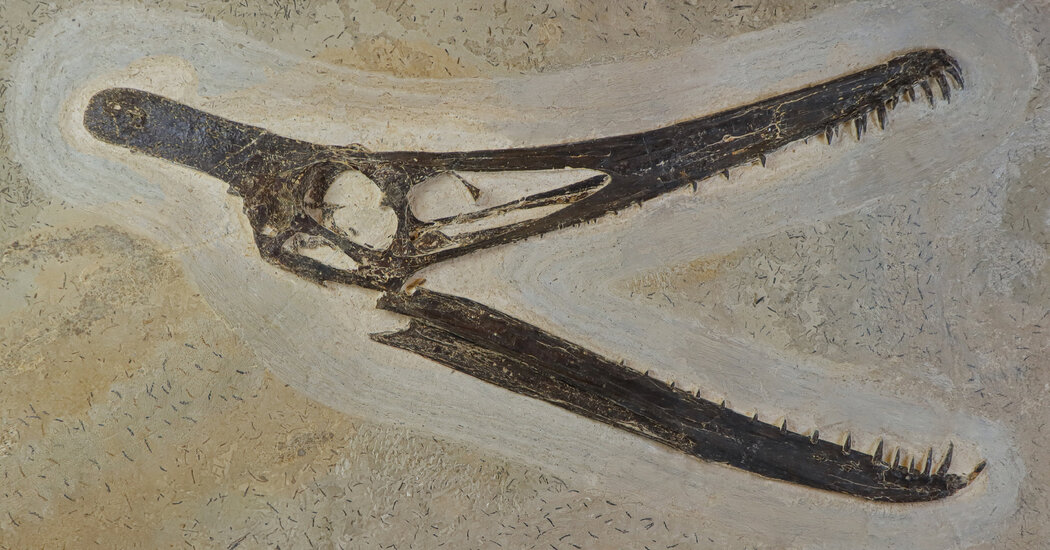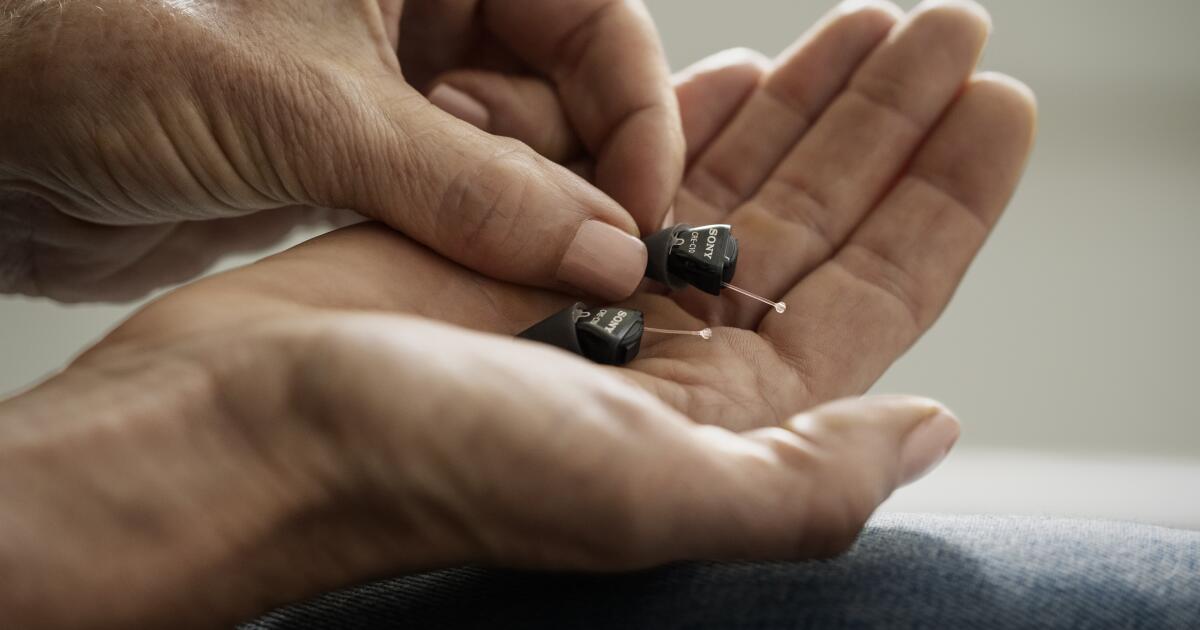The National Museum of Brazil faced a devastating setback in 2018 when a fire ravaged its premises, destroying a significant portion of its invaluable collections. However, a recent announcement brings hope for its revival, as the museum has received a substantial donation of ancient Brazilian fossils, marking a significant step towards its planned reopening in 2026.
The generous contribution, comprising approximately 1,100 specimens, comes from Burkhard Pohl, a Swiss-German collector renowned for his extensive private fossil collection. These fossils, all originating from Brazil, represent the largest and most scientifically significant donation received thus far by the museum in its efforts to rebuild following the catastrophic loss of around 85 percent of its collection during the fire.
Beyond the restoration of its own resources, this donation holds broader significance for Brazil, a country often witnessing the loss of its natural heritage to foreign territories. It sets a potential global precedent for collaborative efforts between private individuals and public institutions in preserving scientific and cultural treasures.
The fire not only devastated public exhibits but also obliterated vital scientific resources, including collections of insects, spiders, and Egyptian mummies. Among the irreplaceable losses were over 60 percent of the museum’s fossils, including specimens crucial for identifying species like Maxakalisaurus, a Brazilian dinosaur. However, the newly donated fossils, including plants, insects, and even possible new species of dinosaurs, offer a glimmer of hope for the restoration of the museum’s scientific legacy.
Dr. Pohl, from a lineage of collectors, expressed his intention to ensure Brazil’s national museum possesses a comprehensive collection of its fossil heritage, emphasizing the importance of making collections accessible for preservation.
These fossils, dating back to a period between 115 million and 110 million years ago, offer insights into ancient ecosystems in northeastern Brazil. They provide glimpses of life in a region characterized by lake-dotted wetlands and evolving coastlines, preserved within limestone deposits.
The donation’s inception traces back to a meeting between the museum’s director, Alexander Kellner, and Frances Reynolds, founder of Instituto Inclusartiz, an arts nonprofit. Through collaborative efforts and networking, Ms. Reynolds facilitated the acquisition of Dr. Pohl’s collection, illustrating the potential for constructive partnerships in the restoration process.
Additionally, the National Museum is engaging in joint research with the Interprospekt Group, Dr. Pohl’s company, in the United States. This partnership extends to fieldwork, where Brazilian paleontologists collaborate with Dr. Pohl’s team to excavate fossils, enriching the museum’s collections.
As efforts continue to rebuild and replenish the National Museum’s resources, international support and collaborations signal a collective commitment to preserving Brazil’s cultural and scientific heritage for future generations.
“This could be a major turning point,” Dr. Kellner said. “It’s really something for the future of our people.”



